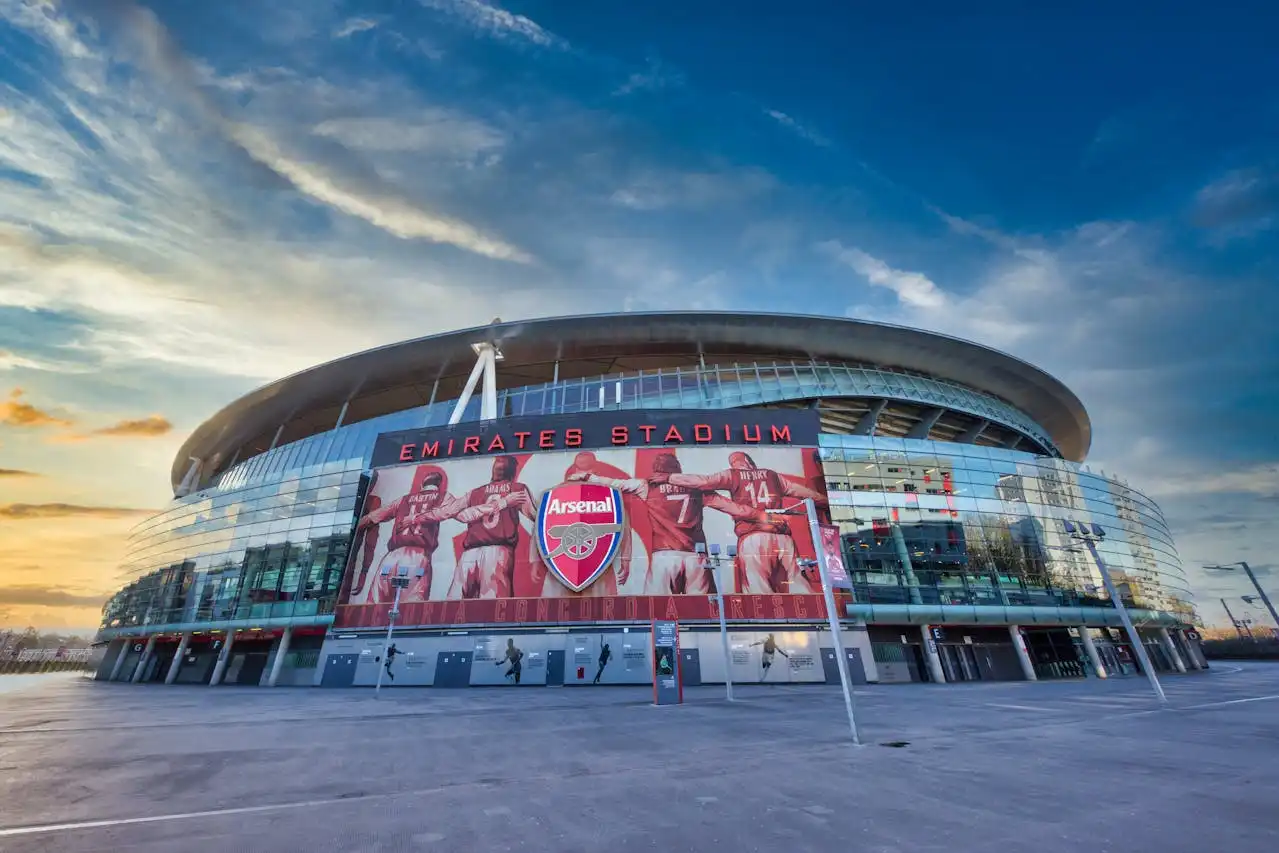Back in the mid-90s, when English football was still a land of pint-sized legends, muddy pitches, and a decidedly no-nonsense approach to the beautiful game, a name whispered in the hallowed halls of Highbury started to cause a stir: Arsène Wenger. “Arsène Who?” became the refrain across the country. Let’s be real, it was a fair question. This relatively unknown Frenchman, nicknamed “The Professor,” was about to embark on a journey that would not only redefine Arsenal Football Club but fundamentally reshape the very fabric of English football as we knew it. And boy, was it a ride. Wenger’s arrival in October 1996 felt like a genuine culture shock. Picture this: a league where nutrition often meant a post-match pie and a pint. Suddenly, this cerebral tactician was banning chocolate, instituting dietary regimes that sounded more like a science experiment, and introducing concepts like yoga and proper hydration. Talk about a curveball! He wasn't just tinkering; he was revolutionizing the players' lifestyles from the ground up. This wasn't just about fitness; it was about treating athletes as elite performers, maximizing every ounce of their potential. And the results? Well, they spoke for themselves. In his second full season, Arsenal clinched a historic Double, winning both the Premier League and the FA Cup in 1998. The Professor had arrived, and he wasn't playing games. But Wenger's influence wasn't just about diet sheets and training cones. He had a vision for how football should be played: fluid, incisive, breathtakingly beautiful. He stripped away the old 'kick and rush' stereotype, replacing it with a philosophy that prioritized technical skill, intelligent movement, and quick passing. This was 'Wengerball' – a style so captivating it earned legions of admirers. He didn't just buy players; he scouted talent with an almost clairvoyant ability, plucking gems from relative obscurity and turning them into world-beaters. Thierry Henry, Patrick Vieira, Robert Pires, Freddie Ljungberg – names that still echo in the minds of football fans today. These weren't just great players; they were artists, performing a symphony on the pitch, guided by their maestro. The zenith of this beautiful game philosophy undoubtedly came in the 2003-04 season with the "Invincibles." Going an entire Premier League season unbeaten is not just a feat; it's a monumental achievement that stands as a testament to Wenger's unwavering belief in his methods and his players. That team wasn't just dominant; they were elegant, ruthless, and utterly captivating. It was a masterclass in modern football, a true masterpiece of tactical genius and player development. You gotta hand it to him, achieving something like that in the cut-throat world of the Premier League? Absolutely legendary. Beyond the trophies and the dazzling football, Wenger was also a financial architect. During the challenging period of funding the Emirates Stadium, he navigated Arsenal through a decade of austerity with remarkable skill. While rival clubs splashed cash, Wenger operated on a tight budget, often having to sell his biggest stars to balance the books. Yet, incredibly, he consistently kept Arsenal in the Champions League, securing a top-four finish for 19 consecutive seasons. This was the true "Professor" at work – a man who understood long-term stability as much as short-term glory. It was a head-scratcher for many fans at the time, especially as other teams started flexing their financial muscles, but looking back, that financial prudence ensured Arsenal's future and cemented its place as one of the elite clubs globally. Wenger’s impact stretched far beyond the confines of North London. He was, undeniably, a game-changer for English football as a whole. He proved that foreign managers could thrive, opening the door for an influx of diverse tactical minds. He introduced sports science and a meticulous approach to player preparation that many other clubs quickly adopted. His global scouting network became the blueprint, transforming how clubs identify and recruit talent internationally. He essentially ushered in the modern era of the Premier League, shifting the focus from brute force to technical finesse, speed, and tactical intelligence. When we see today's highly professional, globally diverse, and tactically sophisticated Premier League, a huge chunk of that transformation can be traced directly back to Wenger. The later years of his tenure, marked by increasing fan discontent and less tangible success, were tough, for him and for the supporters. The "Wenger Out" brigades became louder, and the magic seemed to fade somewhat. But even as the writing was on the wall for his departure in 2018, his unwavering dedication, his commitment to his principles, and his sheer love for Arsenal remained palpable. He left the club in a far stronger position than he found it, not just financially, but culturally and philosophically. Arsène Wenger wasn't just a manager; he was a visionary, a teacher, a revolutionary. He didn't just win trophies; he inspired a generation, transformed a club, and fundamentally altered the trajectory of English football. His legacy isn't just etched in silver, but in the very DNA of how the game is played and managed today. For that, "The Professor" will forever be remembered as a true legend.












